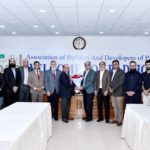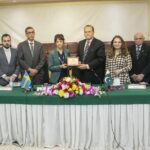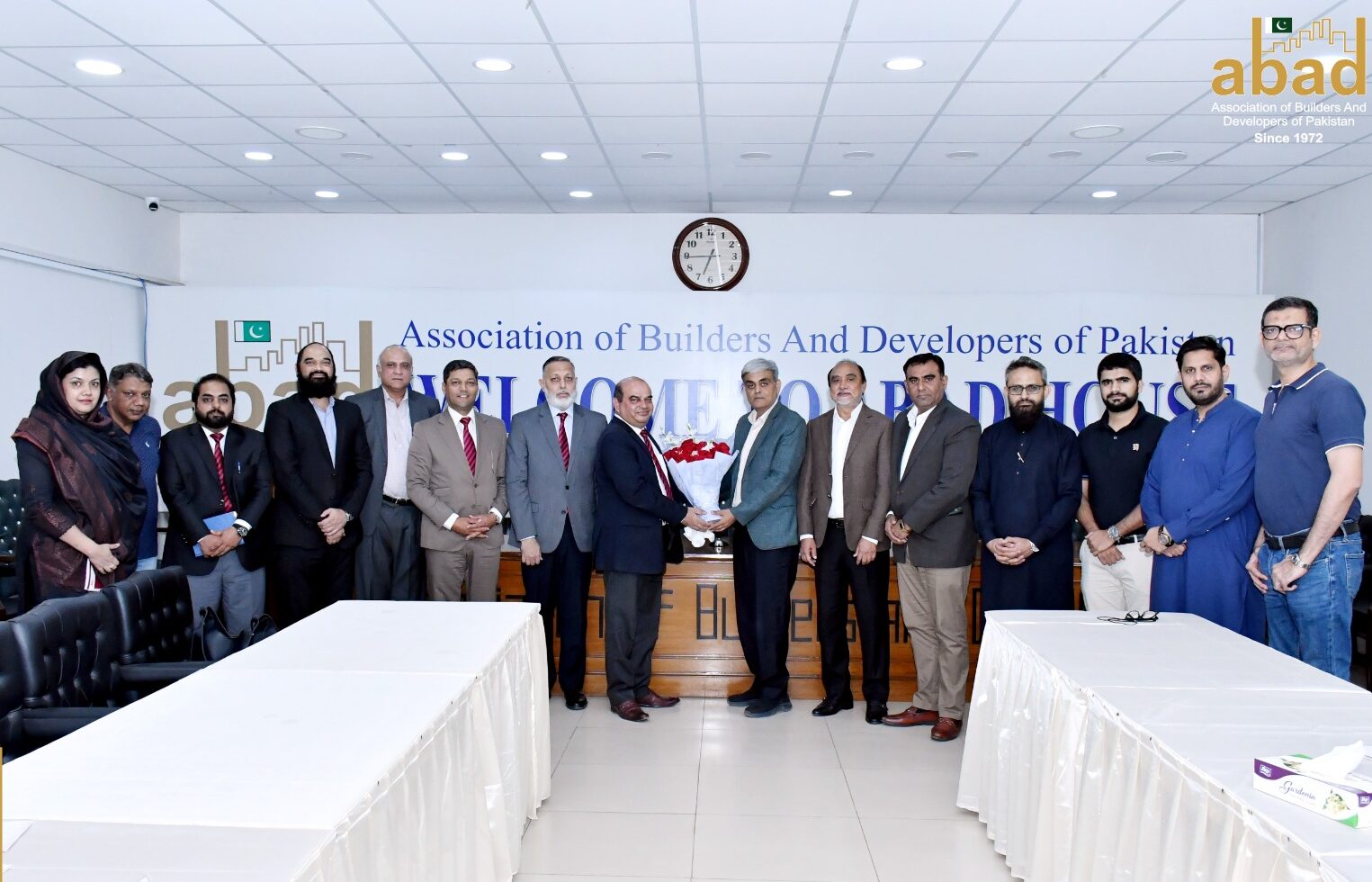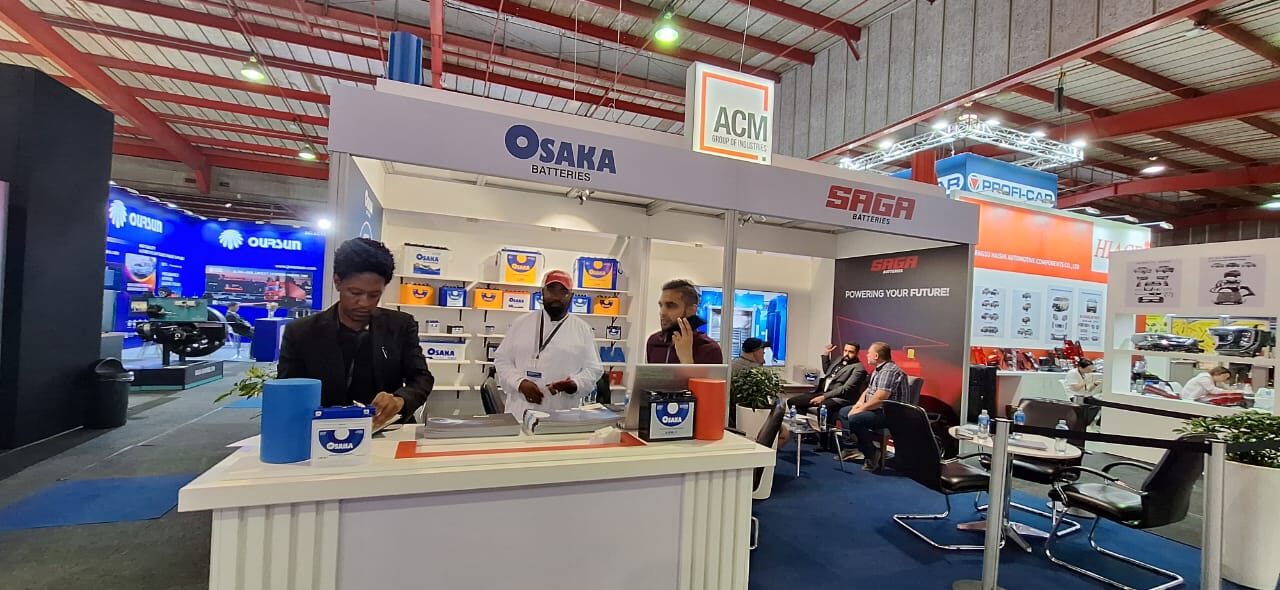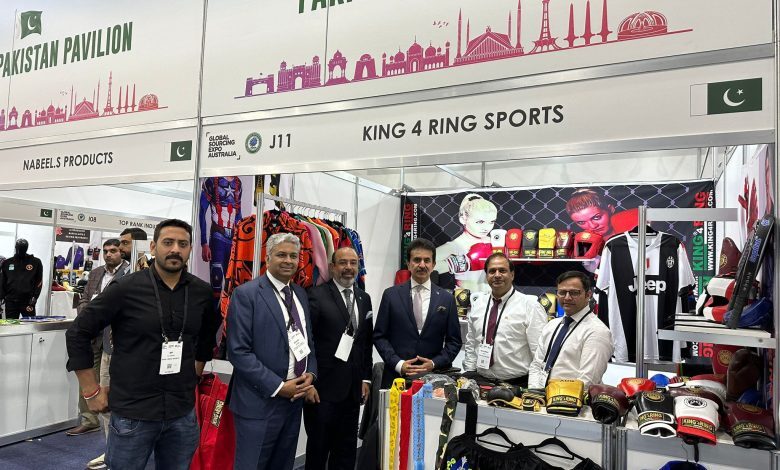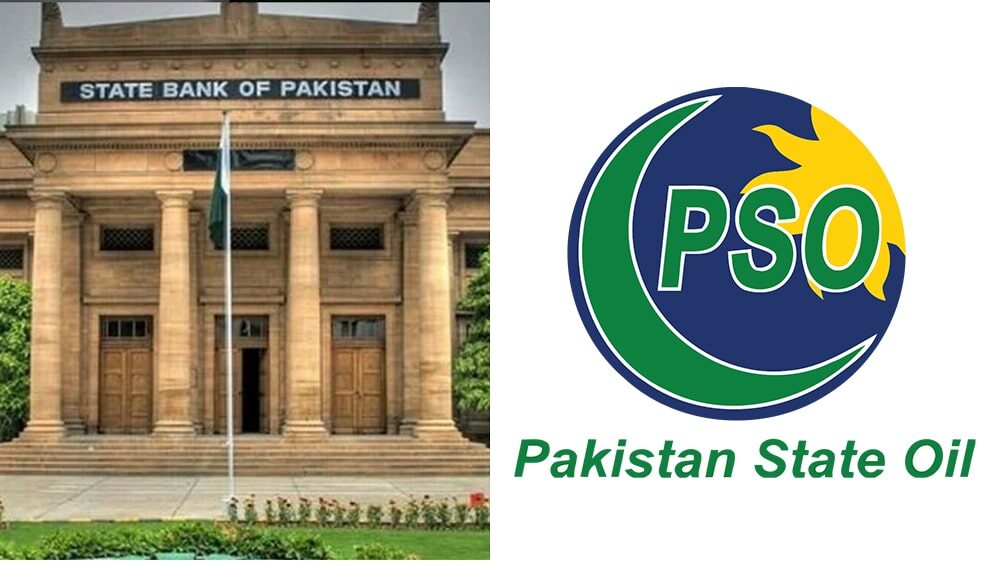Karachi, Spetember 16, 2019: ‘Pakistan should change Kashmir narrative from “Kashmir to become Pakistan”, and raise human rights violations taking place in Kashmir Valley against helpless Kashmiris by Indian forces. This strategic change will have a deep rooted effect on the current opinion of international community on Kashmir issue.’ This was stated by the guest speaker, a British – Pakistani Barrister and writer, Nasim Ahmed Bajwa.
While he was speaking in Shura Hamdard Karachi chapters’ meeting titled: “Kashmir! Possibilities, concerns”, presided over by Justice Haziqul Khairi yesterday at Hamdard Corporate Office, Karachi. Meeting was also attended by Sadia Rashid, President, Hamdard Foundation Pakistan.
Nasim Bajwa was of the view that Kashmir after independence would never go to India or China rather become part of Pakistan.
‘Therefore it is important for Pakistan to adopt new line of strategy in which we re-introduce this issue as humanitarian crisis on international forums. Moreover, Pakistan should take this issue to International Court of Justice; if India can put-up its case for a spy, why can’t Pakistan do the same,’ he added.
Prof. Khalida Ghaus said: ‘Human rights violations are pivotal in modern times, so Pakistan should raise Kashmir issue under the same light. After the removal of 370 and 35-A of the Indian constitution, there is an on-going curfew for over a month now in the Kashmir Valley and police along with other law enforcers have government support to do what they feel like.’ After revoking these clauses from Indian constitution, the Indian government was intended to change the demography of the valley, she asserted.
Abubakr Shaikh has informed the attendees that there was a case filed against Indian government for revocation of clauses 370 and 35-A in Indian Supreme Court and asked why there was no petition filed here in Pakistan’s Supreme Court.
Replying to this question Justice (Rtd) Zia Pervez said that Supreme Court of Pakistan had no territorial jurisdiction to accept such petition as the Court might not give that verdict to which it could not be able to get implemented.
Engineer Ibnul Hasan Rizvi said that the only acceptable solution of Kashmir issue was to let Kashmiris decide their fate whether they would join India or Pakistan or like to be an independent state.
Engineer Pervez Sadiq was of the view that the passion, zeal and deep longing for the freedom were being demonstrated by the Kashmiris on the roads and streets of the valley nowadays, was a good chance and Pakistan should take full fledge advantage out of this situation and try to build more pressure on India.
Col (Rtd) Mukhtar Ahmed Butt was of the opinion that “Kashmir to become Pakistan “was never our slogan and claim; Pakistan only wanted a free and impartial plebiscite in Kashmir to enable Kashmiris to decide their own future with the right of self-determination. ‘There is a constant curfew in India-held Kashmir for the last 40 days, but what we are doing for them? He questioned.
Brig (Rtd) Riazul Haq said we should think what we have done and for Kashmiris what we could do individually for the freedom of Kashmir. We must try to make all human rights organizations across the world active against the atrocities, committed by the Indian forces in India-held Kashmir, he added.
Salim Mughal was of the view that it was not the simple matter of cancellation of Indian Constitution’s clauses of 370 and 35-A, but a move of India, USA and Israel against Pakistan and China as well. Because India wanted to make the whole region of subcontinent – akhund maha Bharat, he added.
Dr. Shakil Farooqui, Dr. Amjad Ali Jaffery, Mrs. Mussarrat Akram, Dr. Tanvir Khalid and Dr. Shaheen Habib also spoke.


















































































































































































































































































